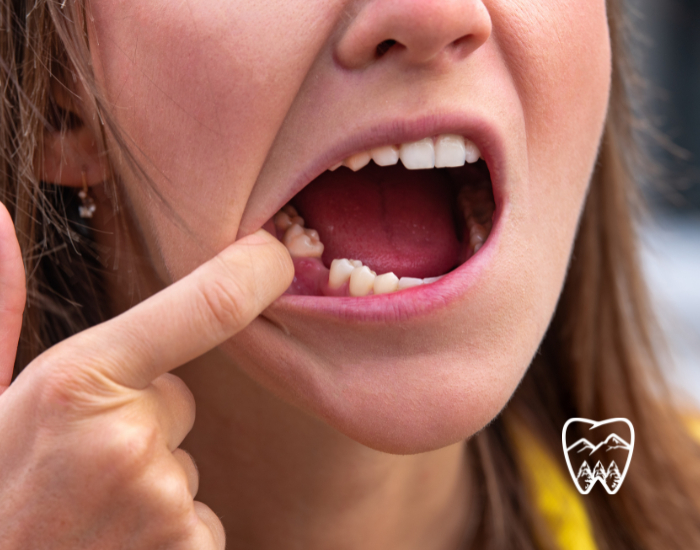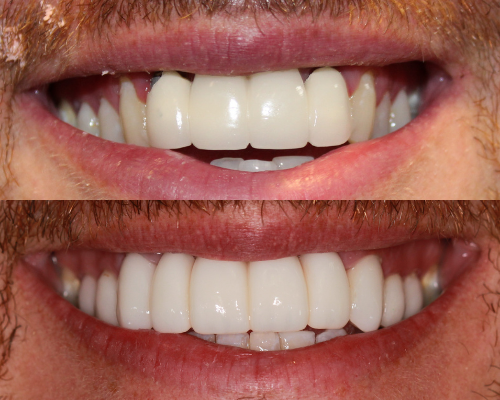How To Save A Tooth When It Gets Knocked Out

What To Do When Your Tooth Gets Knocked Out
Losing a tooth is a frightening event, and it can happen in several ways. Most commonly, teeth are knocked out or loosened due to an accident or trauma. In this situation, staying calm and seeking medical attention immediately is important. In the meantime, avoid touching or moving the affected tooth, as this could damage the root and make it more difficult to save. If the tooth is loose, gently rinse it with warm water and attempt to replace it in the socket. If the tooth is completely knocked out, hold it by the crown (the white part) and rinse any dirt or debris. Do not attempt to reinsert the tooth into the socket, as this could damage the root. Instead, place the tooth in a cup of milk or saline solution and bring it with you to the best dentist Parker Co. With prompt medical treatment, saving your tooth and avoiding further complications may be possible.
First Thing, Pick Up From The Root Of The Tooth
When your tooth gets knocked out, it is important to handle it correctly so that it can be used for dental implants. The first step is to pick the tooth up by the top (the part that chews). You want to avoid touching the tooth’s root, as this can damage it. Once you have picked up the tooth by the top, you should rinse it off with water. You must put the tooth in a milk or saline solution container. This will help keep the tooth alive and prevent it from drying. If you follow these steps, you will increase the chances that the tooth can be used for dental implants.
Rinse The Tooth Off If It’s Dirty
If the tooth is dirty, rinse it with water. Do not use soap or chemicals like hydrogen peroxide or alcohol. Do not scrub the tooth or try to dry it off, and do not wrap the tooth in any type of dry tissue or cloth. The best way to preserve the tooth is to keep it moist. Place the tooth in milk, saline solution, or water container, and get to the dentist as soon as possible. Time is of the essence when it comes to saving a knocked-out tooth, so act quickly!
Push The Tooth Back In The Socket
Dental emergencies can be painful and stressful, but it’s important to remain calm and take quick action to ensure the best possible outcome. If you have a tooth knocked out, the first step is to place it back in the socket. If the root is still intact, gently push the tooth back into the socket and close your mouth. You can keep it in place by biting down gently or holding it steady with your finger. Then, seek professional dental care as soon as possible. With prompt treatment, it may be possible to save the tooth and avoid further damage to your smile.
Contact Green Dental Care Today!
Green Dental Care is committed to providing our patients with the highest quality care. We offer a wide range of services, from preventative care to cosmetic dentistry. We use the latest technology and techniques to ensure that our patients receive the best possible treatment. Please contact us today if you have any questions or want to schedule an appointment. We look forward to meeting you and helping you achieve your dental goals.





